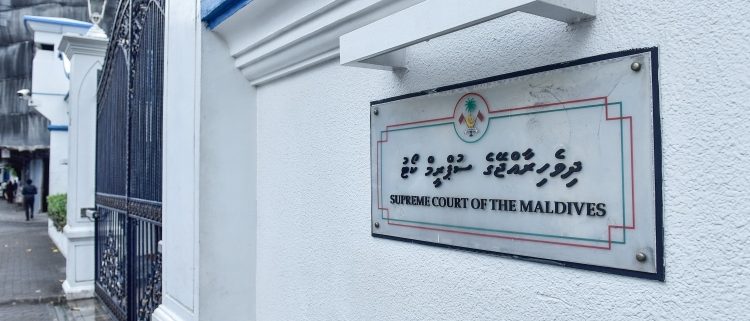Supreme Court Verdict Reflects on Consequences of Countermanding Cheques
The Maldives’ Supreme Court, on 28 October 2019, upheld the ruling of both the High Court, and Civil Court, effectively concluding that countermanding a cheque does not indicate an unfulfilled underlying obligation to the payee, especially in the absence of any proof that the cheque was issued for the fulfilment of any such obligation
The case was initially filed by ADK Company Pvt Ltd (ADK) – the payee, with the Civil Court and then appealed to the High Court, against Gasveli Islands Pvt Ltd (Gasveli) – the drawer, demanding USD 40,000 – the amount for which Gasveli had initially issued the cheque for. The judgments of both courts, however, were concluded against ADK.
The Justices of the Supreme Court differentiated the present case from an earlier case of the Supreme Court in that the present case did not involve an issue of the cheque being bounced, but rather a countermanded cheque.
The judgment of the Supreme Court does not come as a surprise since s.29(a) of Law No. 16/95 (Negotiable Instruments Act) clearly provides for countermand of payment by the drawer of a cheque. In particular, the Justices of the Supreme Court concluded that it is the right of the drawer of a cheque to instruct the drawee, i.e. the bank, to stop payment of a cheque drawn by the drawer themselves before the date on the cheque or before the cheque is cashed at the bank. Further, the Supreme Court also stated that the bank will be held liable where the bank clears the cheque that has already been countermanded when it was cashed at the bank. The end result of countermanding a cheque is, therefore, it being regarded as if the cheque has never been drawn.
Interestingly, the Court also stated that although payment cannot be recovered based solely on countermanded cheques – the payee can recover such payments made if the underlying obligation can be proved.



